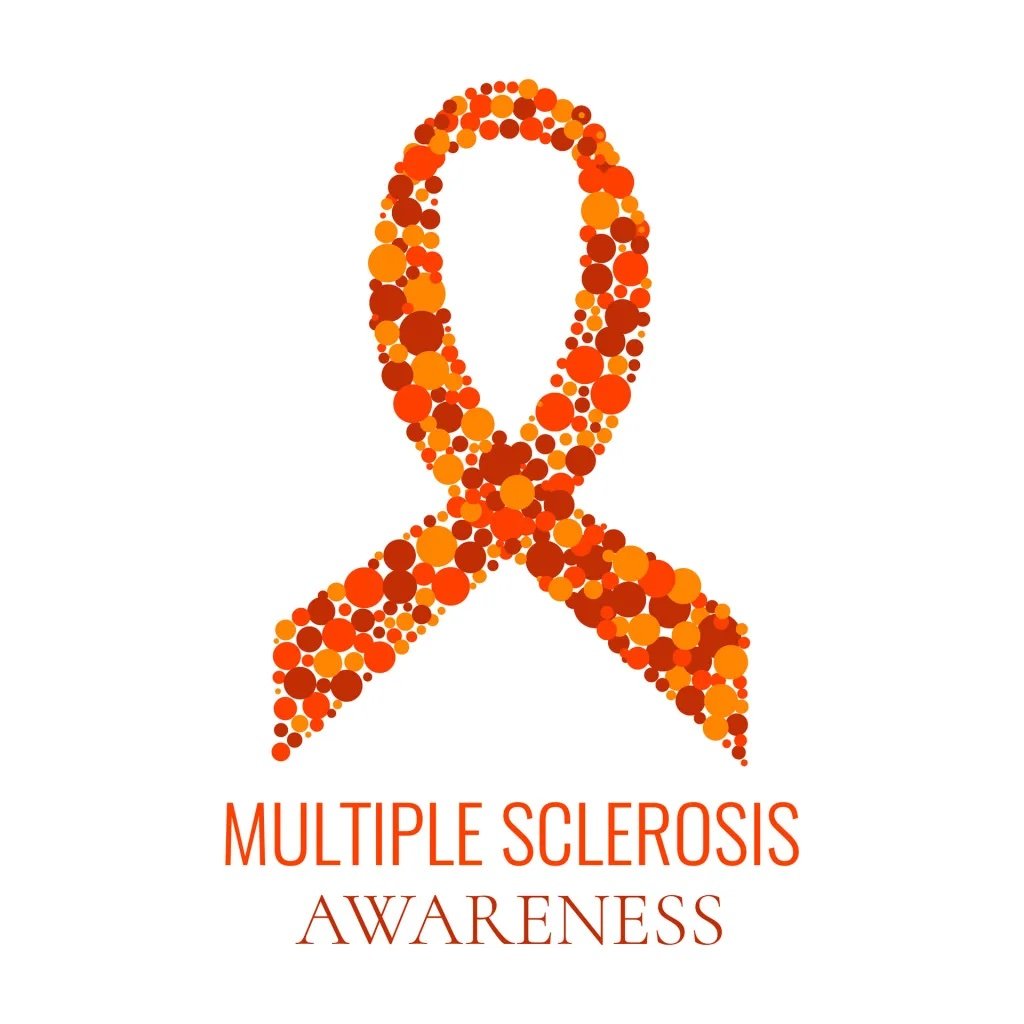Multiple Sclerosis Awareness Month: The Vital Role Physical Therapy Plays
By: Kelsie Mazur, DPT
March is MS Awareness Month, so this is a great time to educate people about Multiple Sclerosis (MS), a neurodegenerative disease that is near and dear to my heart as Neuro DPT by trade.
What is MS?
This can be a complicated question to answer, so let me break it down easily for you….MS is a condition that affects the brain and spinal cord. The body’s immune system mistakenly damages myelin, the protective covering around nerves. This makes it harder for the brain to send signals to the rest of the body, leading to a variety of symptoms. Research is all over the place when it comes to figuring out the origin of MS. Some literature considers that MS is an autoimmune disease, however if you speak to neurologists and patients affected by MS performing their own research throughout the years, they believe other factors—like infections, genetics, and environment—may also play a role.
MS affects nearly 1 million people in the U.S. and over 2.8 million worldwide. It’s most commonly diagnosed in adults between 20 and 50, and women are about three times more likely to develop it than men. Although the exact cause is unknown, risk factors may include genetics, viral infections, low vitamin D levels, and smoking. MS symptoms vary from person to person, I mean if you had 1 million people in font of you with MS, no 2 would present the exact same. So to make this blog as informative as possible, common symptoms include, but are by no means limited to:
Fatigue and weakness
Numbness or tingling in the arms and legs
Difficulty walking or balancing
Muscle stiffness or spasms
Vision problems, like blurred or double vision
Trouble with memory or thinking
These symptoms can come and go or get worse over time, depending on the type of MS.
Role of Physical Therapy with MS
Currently there is no cure for MS, leaving those affected with very little hope for progress and allowing the progression of MS. Starting physical therapy early can help slow the progression of MS-related disability. A physical therapist can create a personalized program to help manage symptoms, improve mobility, and maintain quality of life.
Physical therapy is one of the best ways to manage symptoms and maintain function.
Improves Mobility & Balance: PT strengthens muscles and improves coordination, helping prevent falls.
Reduces Fatigue: MS-related tiredness can be overwhelming. A PT can teach energy-saving techniques and create an exercise plan to build stamina.
Eases Muscle Stiffness & Weakness: Stretching and strength training help reduce tightness and improve movement.
Supports Independence: PT helps people stay active in daily life, making tasks like walking, dressing, and household activities easier.
Encourages Brain Adaptation: The brain can form new pathways to work around nerve damage—a process called neuroplasticity. PT exercises help encourage this adaptability.
If you or someone you know has MS, working with a physical therapist can be a game-changer. This MS Awareness Month, let’s spread the word about how movement and therapy can help people stay strong, independent, and active.
Did you know that we offer free 1-on-1 injury screens? Wattage Physical Therapy will take an in depth look at your ergonomics, posture, muscle tone, muscle weaknesses, and movement patterns to create a plan for YOU. If this article intrigues you, you can directly email me, Kelsie at Kelsie@wattagept.com. I would be happy to help you start the process of living a life free from pain.

